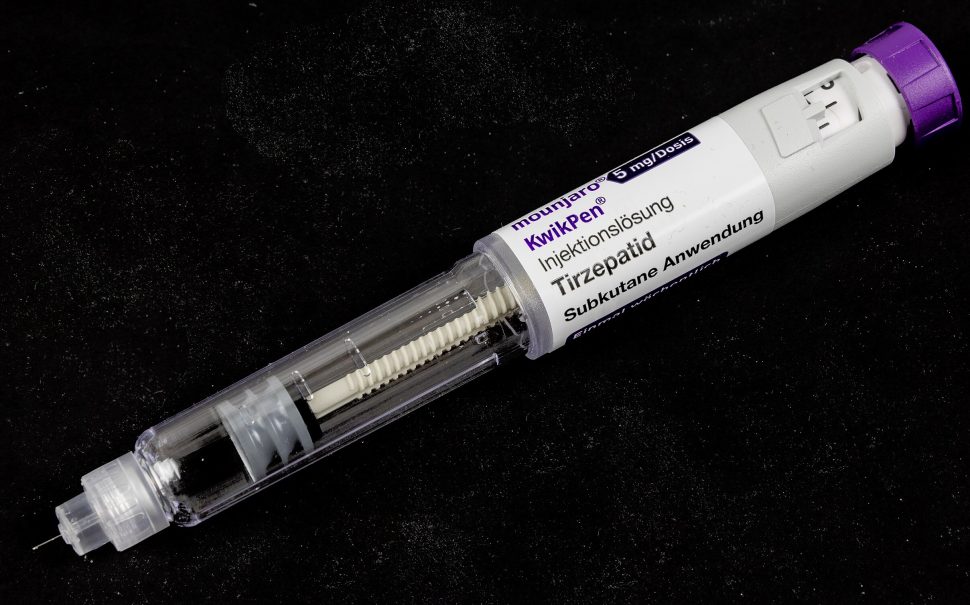Demand for weight loss injections has skyrocketed in just one year, with Google searches for the treatment rising by almost 4000% since last January.
This is according to recent data released by prescription treatment provider and online doctor ZAVA.
Weight loss injections work by ‘agitating’ the hormone receptor GLP-1, which curbs appetite by increasing insulin, slowing digestion and reducing the amount of natural sugars produced by the liver in the body.
Mr. Alan Li, a Manchester-based consultant surgeon and weight loss specialist, stressed that weight loss, through whatever means, was seasonal, but that the rise in demand for weight loss jabs since last year was “astronomical.”
Mr. Li said: “Whichever metric you want to use, the surge in demand is truly exponential.”
Ozempic is only prescribed to people with Type 2 Diabetes in the UK, but Mounjaro – a similar GLP-1 agonist drug – was approved as an NHS treatment for obesity in December 2024, with a national rollout planned for April of this year.
Over 31,000 people die from obesity in the UK each year, and according to a recent report from Health Express, health problems associated with obesity cost the NHS £6bn in 2017, and could rise to £9bn annually by 2050.
A survey showed that 24% of people would use weight loss injections if provided for free by the NHS, and 7% would buy them privately.
Mr. Li said: “There’s a stigma around obesity full-stop. It’s not just around weight loss injections, it’s around obese or overweight patients looking for help in any form – whether that’s weight loss injections or surgery.
“It’s attached to the narrative surrounding obese or overweight people that they’re lazy or just need to eat less or move more.
“Nearly every other country around the world classifies obesity as a disease, but the UK does not. That was famously signalled by Matt Hancock, who called it a ‘lifestyle choice’.”
Mounjaro exploded on TikTok last year, and there are currently 182,000 videos on the platform dedicated to the topic.
Mr. Li said: “When Ozempic got released and clearly got very good results, and after the public saw people like Elon Musk or Jeremy Clarkson and other celebrities with an online presence using it, we literally ran out of supply in the UK.”
The sudden surge in the popularity of Ozempic as a weight loss drug caused a supply issue in the USA in 2023 too, meaning people with diabetes couldn’t access life-saving medication, but Diabetes UK says that won’t be a problem when the NHS rolls it out in April.
The long-term health risks of weight-loss injections are still being researched, but while they do cause initial nausea and bloating, they’ve not been found to have any impact on mental or physical health except in very rare instances.
Mr. Li said: “Looking at our patients since July of last year, 10% experienced side effects, and, of those 10%, 100% were ‘limited’ and ‘mild’.
“Nearly all side effects are associated with non-compliance of what’s required of them in terms of dietary changes. The injections need you to change your diet.
“There are risks to using this medication as there are using any medication.
“I can only see it as a benefit in the offering of a whole package, and for patients to have choices.”
Dr. Crystal Wyllie, a doctor at ZAVA, said: “Under proper medical supervision, weight loss injections can be a safe and effective tool for achieving lasting results.
“This growing awareness is an encouraging step toward reducing stigma and empowering more people to seek the right support for their health.”
———————————————
Featured Image: Raimond Spekking on Wikimedia Commons (Creative Commons License)




